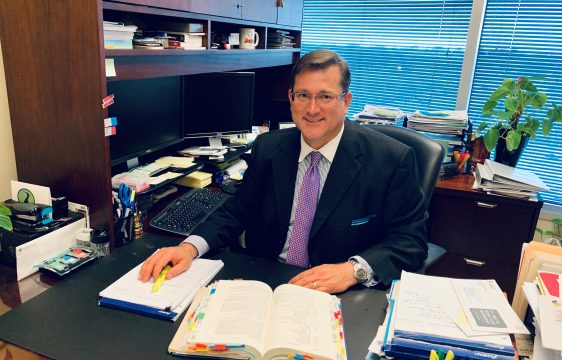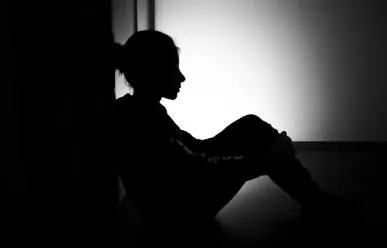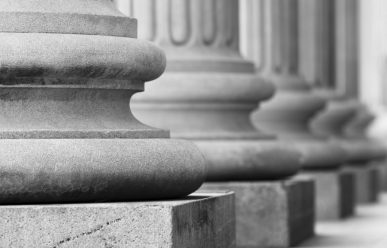1. What made you become a lawyer?
In college (in the South), I studied psychology and sociology. I wanted to become a family counselor. I took a job on weekends and in the summer working at a group home for underprivileged children. After witnessing a friend and colleague being racially discriminated against, firsthand, it motivated me to use my influence in law for social good. The next semester I started to study for the LSAT and to look at law schools. I’ve been practicing law for almost 20 years and I still look to protect the disenfranchised.
2. What will be the biggest challenge for the generation behind you?
I think that dealing with electronically generated evidence is a huge challenge for the generation behind me. First, it produces an enormous amount of evidence such as hundreds of text messages and emails. The challenge lies in the fact that no matter what you say online, in emails, or in text to anyone, it may be used against your client in Court when presented in a different context. While preparing for trial, you need to consider having the text message to rebut any unforeseen electronic evidence prepared and copied in triplicate. There is also a huge concern where a party may seek to add or delete from actual documents to rewrite the history to suit his or her narrative.
3. What is the most interesting case you’ve ever had?
Personally the most rewarding cases are those with children. But, I think the most interesting case is a non-custody case where my client’s wife suspected adultery (although he was not committing adultery). The wife moved her mother into the master bedroom to sleep with her and dislodge my client. Each day the mother in law had nasty comments to make to my client passing him in the hallway, on the stairs, in the kitchen and throughout the house. He was relegated to sleeping in a guest bedroom. Not satisfied, the mother in law started openly talking about emasculating my client and started carrying hedge trimmers around the home. He was mortified and locked himself in the guest room. When she started beating on the door, he appropriately called 911. While he was on the phone, fearing the worst, you could hear the wife and mother in law beating on the door and then broke it down with an axe.
I filed a Petition for a Protective Order. Wife claimed the instrument in her hands was small. However, I took four bankers boxes (usually used to carry our paper files) and hollowed out a hole through the middle and carted in the axe she beat the door in so I could cross-examine her with the actual object she used and photographs of the door. I won the hearing and my client had some therapy as the result.
4. How do you measure success?
It’s very subjective to measure success in litigation and in family law, specifically. I measure my success in terms of time management, my own personal preparation for a case, and winning motions. Success to me is when I believe I’ve gave it my best effort whether in a case or in life.
5. What do you look forward to when you go to work every day?
I look forward to the people I work with. I cannot imagine doing my work efficiently without the help of my team (my colleagues, peer attorneys at the firm, paralegals, administrative assistants, legal assistants). There is so much more that can be accomplished by working as a team which also makes the work more rewarding.



